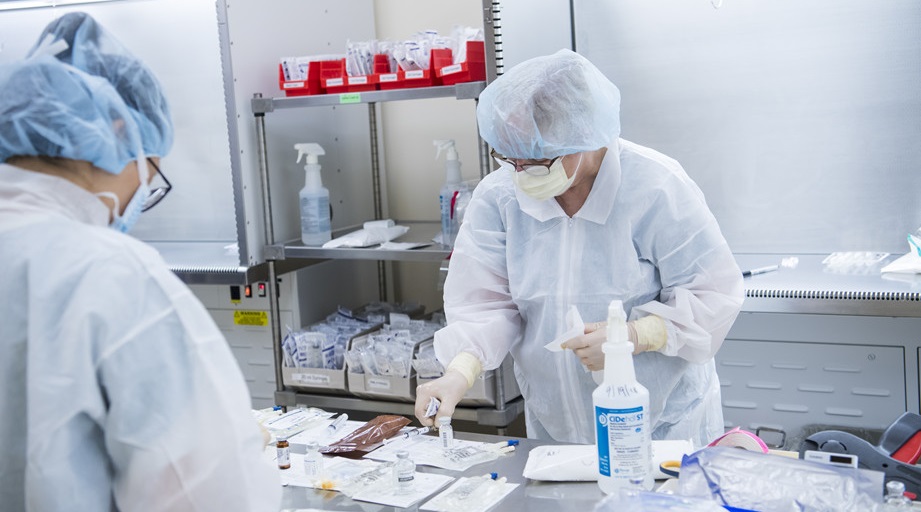
Hospitals are mostly meeting expectations for compliance with the revised US Pharmacopeia (USP) standards for compounding - but there are still opportunities for improvement, says Robert Campbell, senior director of standards interpretation, accreditation management, and medication safety for The Joint Commission.

“In general, healthcare organizations have done well,” Campbell said. “The challenges continue around applicability of immediate use compounding and required competencies and understanding those requirements. I will be going into depth on that in the session this year.”
Campbell is the featured speaker for the Dec. 8 educational session Joint Commission Update 2024 at the Midyear Clinical Meeting & Exhibition in New Orleans, Louisiana. As in past years, he’ll share recent observations from accreditation surveys and help attendees identify where to focus their compliance activities. This year, he plans to add an extended Q&A session to allow participants to ask questions.
Campbell spoke with the ASHP News Center about the Midyear session in advance of the meeting. An edited transcript of the conversation follows.
ASHP: Before you talk about challenges, are there any compounding compliance areas that have turned out to be easier than expected for hospital pharmacies?
Campbell: One thing I expected, with the reduction of the air pressure differential for hazardous drug compounding, was that this could be a challenge for organizations. And I’m just not seeing much of that, which is great.
What are the top areas that hospitals have struggled with during surveys over the past year?
Campbell: The biggest trouble spot for hospitals now is infection control. That’s number one, but it’s not specifically tied to pharmacy.
Within medication management, number one is medication administration — specifically, titration orders. So, the development of the orders, misunderstandings of what you can and can’t do with titration orders, and how to develop quality assurance to ensure that orders are implemented appropriately.
Next comes medication storage, medication compounding, and pharmacist review of orders. Those will all be areas that I’ll discuss during the Midyear presentation. And I’ll be focusing on the high-risk findings in those areas.
Have any survey trends or findings emerged since you spoke at the 2023 Midyear?
Campbell: I think the biggest challenge we’ve seen has been with implementation of policies and procedures. And in this year’s session, I’ll go through where those issues have been visible in surveys.
What are the most common questions your surveyors hear from pharmacy staff?
Campbell: They’re looking for resources for implementing the USP competency components. But the problem is that what they’re looking for doesn’t exist — at least not yet.
How do you decide what topics to cover for your pharmacy audience during these Midyear update sessions? And what have you learned from the session attendees?
Campbell: I try to bring up issues that may be misperceived and clear up any confusion people may have about survey requirements. I want them to walk away with some ideas they could implement within areas they were struggling, and learn to prepare for future survey activity focusing on quality and medication safety.
Something I’ve learned from the sessions is to identify opportunities to better communicate what Joint Commission surveyors are looking for. I also learn where misperceptions have crept into the pharmacy community. Finally, there have been times that I’ve polled the audience to identify their challenges on specific topics. Then, I’m able to share the challenges with our colleagues outside of the Joint Commission to help bring support, knowledge, and understanding to the pharmacy community.








